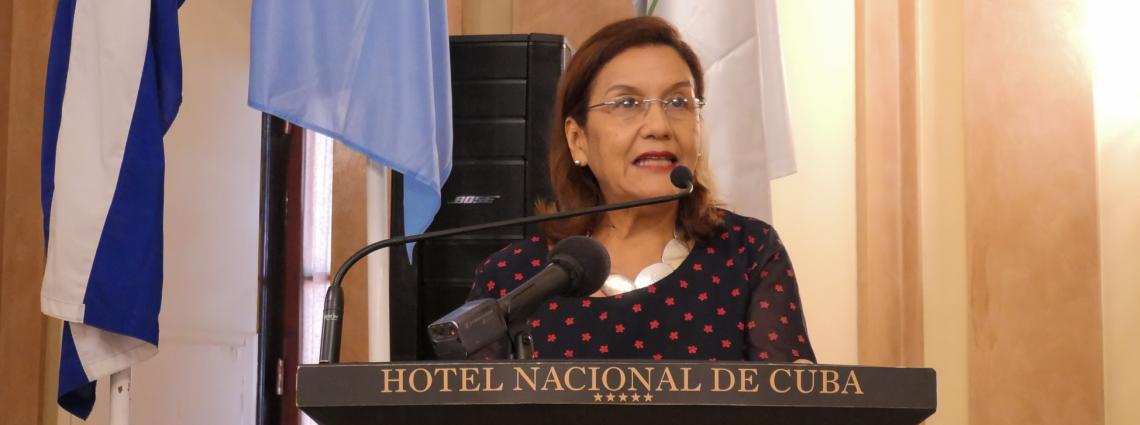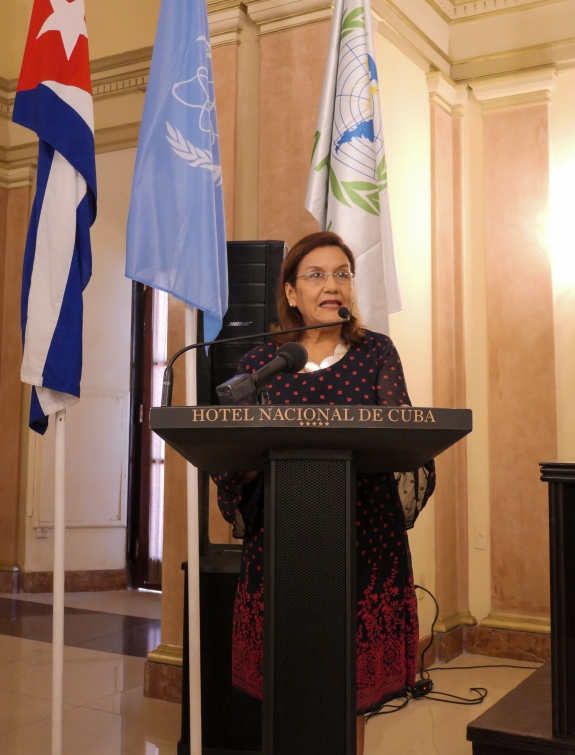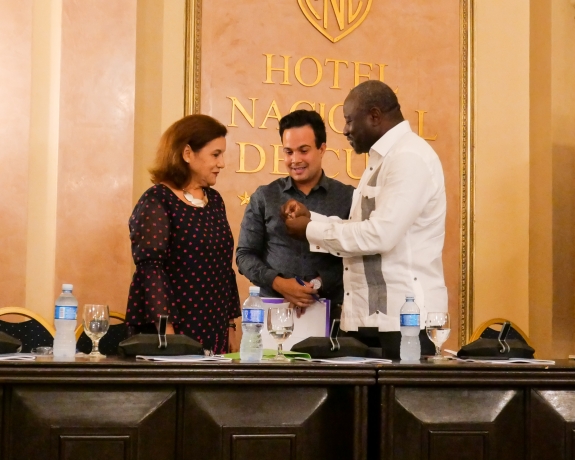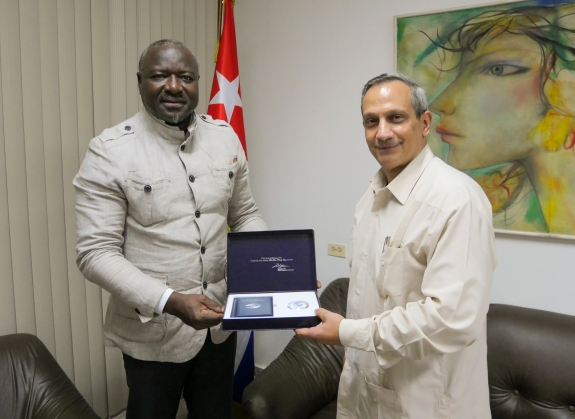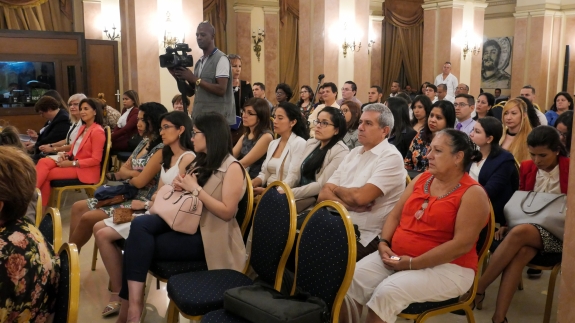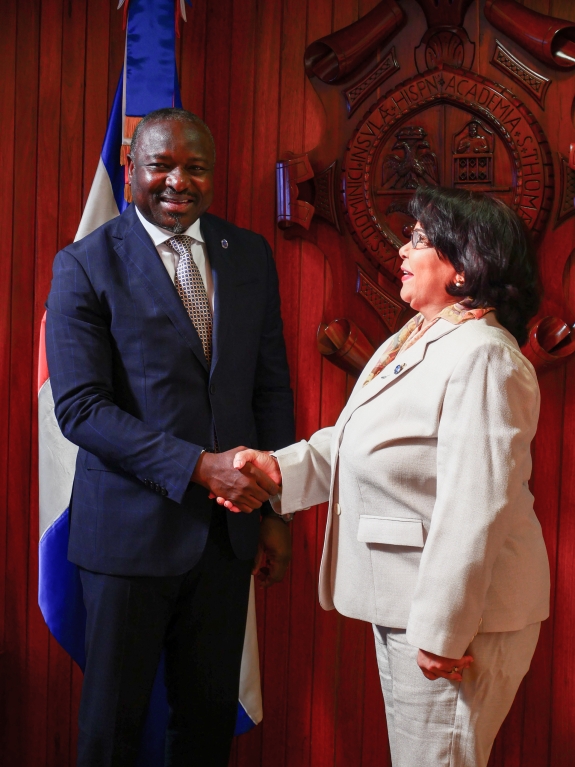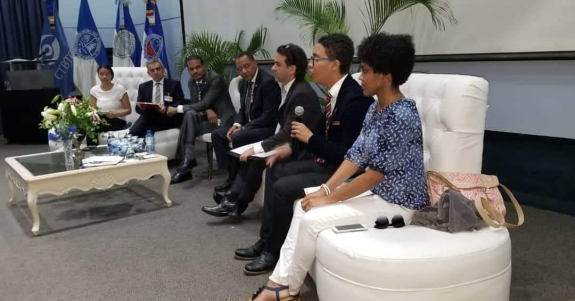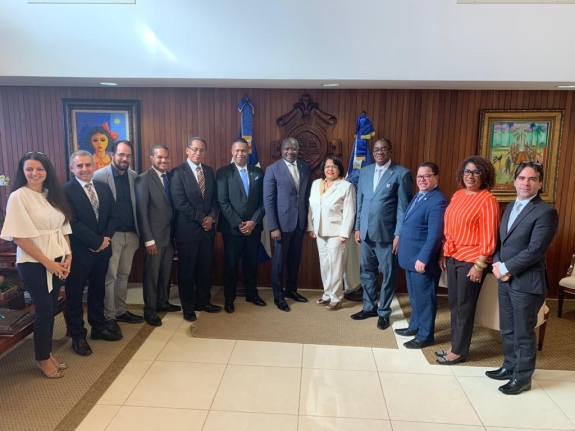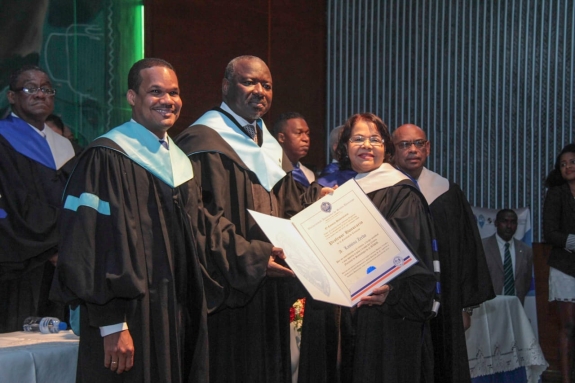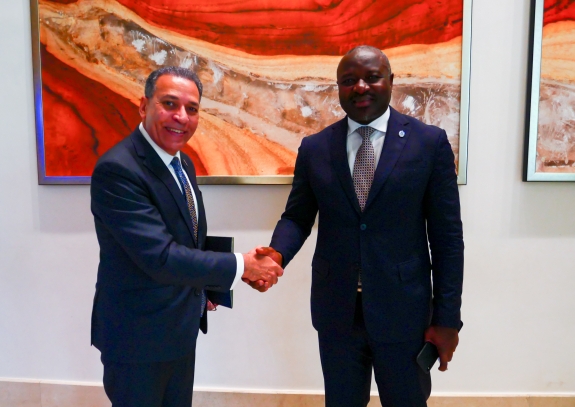Executive Secretary inaugurates Science Diplomacy events in Cuba and in the Dominican Republic
Cuba is making preparations to sign the Comprehensive Nuclear-Test-Ban Treaty (CTBT), its Minister of Science, Technology and Environment, Elba Rosa Pérez Montoya, has announced.
“Consistent with the pacifist vocation of the Cuban people, Cuba has been conducting internal consultations and is getting ready to join the CTBT as a full member as a sign of our commitment to peace,” Pérez Montoya said on 14 October as she co-opened a series of international science and diplomacy workshops in Havana with the Comprehensive Nuclear-Test-Ban Treaty Organization’s (CTBTO) Executive Secretary, Lassina Zerbo.
Pérez Montoya underlined the value of civil and scientific applications of CTBT monitoring data, in addition to their primary role in detecting nuclear explosions.
The CTBTO technologies not only provide the capacity to detect nuclear tests but also to warn about natural disasters, including earthquakes, so Cuba can benefit from access to information, collaboration with other nations and strengthen its seismological early warning system. This is a demonstration of how science can be used for peaceful purposes.
She also stressed the key role played by science and technology in addressing global challenges such as food security, safe and clean energy, climate change, social innovation and peace and security – all interconnected areas to achieve the 2030 Sustainable Development Goals.
In his opening speech, Zerbo highlighted the power of science as a core contribution to effective policymaking and diplomacy, and encouraged all to develop capacity to explore and develop the nexus between science and diplomacy.
He recalled that it was scientific breakthroughs and technical progress that made the CTBT possible in the 1990s, by connecting verifiability and political will.
It is becoming increasingly clear that science is also a powerful tool in addressing the challenges faced by Mankind. This is particularly true in international relations, in particular in our own field of security and non-proliferation. Avenues of cooperation beyond the security realm have helped balance strained relationships, maintain open channels of communication and build much-needed trust. One such avenue is science.
This was the Executive Secretary’s third visit to Cuba, following earlier trips in 2016 and 2018, continuing an ongoing dialogue between the country and the CTBTO.
The workshops, organised with Cuba’s Ministry of Science, Technology and Environment to mark the 500th anniversary of Havana, were part of the CTBTO’s outreach towards Cuba. In addition to diplomats, the audience included high-level Cuban representatives and experts from several disciplines.
Zerbo also met with the Director General of Multilateral Affairs of Cuba’s Ministry of Foreign Affairs, Rodolfo Reyes Rodríguez.
Cuba is in the process of incorporating the CTBT as the country's contribution to a world free of nuclear weapons and a demonstration of its commitment to disarmament.
Zerbo subsequently held high-level bilateral meetings in the Dominican Republic where a CTBTO Science and Diplomacy seminar was organised in collaboration with the Autonomous University of Santo Domingo (UASD). The rector of UASD took the opportunity of the seminar and of the visit of the Executive Secretary to grant Zerbo an Honorary Professorship.
“Today, we are proud to grant the highest distinction of the UASD to Lassina Zerbo in recognition of his contribution to scientific development and the promotion of peace and international security,” UASD Rector Dr Emma Polanco said.
With nearly 200,000 students and 18 regional centres, UASD is the one of the largest universities in Latin American and the Caribbean. Polanco highlighted the contribution of the CTBTO’s capacity building and training programmes to the National Centre of Seismology, a key facility for the country and the entire region.
“It is an immense honour and privilege to receive such a high distinction,” Zerbo said. “CTBTO is committed to continue building capacity everywhere to ensure all States Signatories are able to assume their verification responsibilities under the Treaty, make use of the data collected and reap the civil and scientific benefits of the CTBTO technologies.”
22 Oct 2019
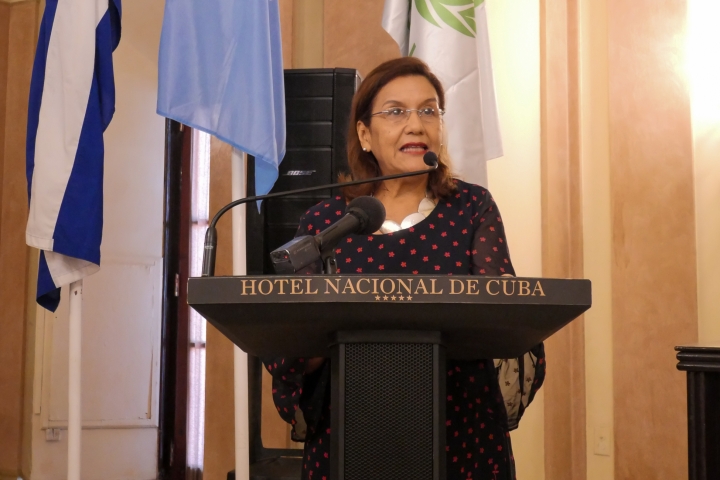
HE Elba Rosa Pérez Montoya, Minister of Science, Technology and Environment of Cuba
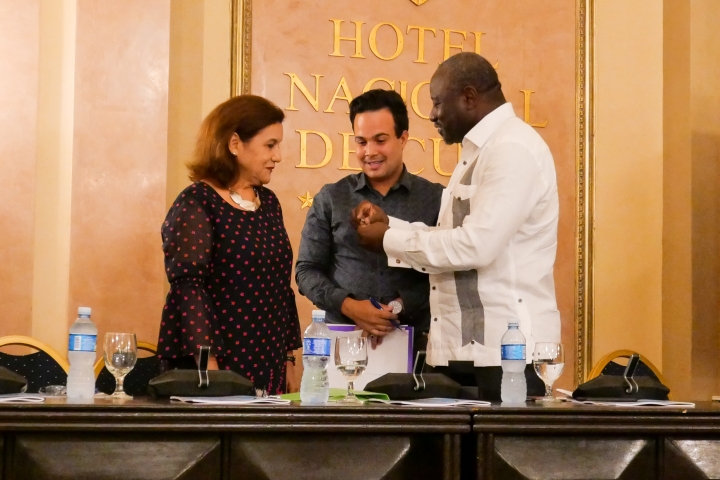
ES Zerbo and Minister Pérez Montoya

ES Zerbo with HE Rodolfo Reyes Rodríguez, Director of Multilateral Affairs of Cuba’s Ministry of Foreign Affairs
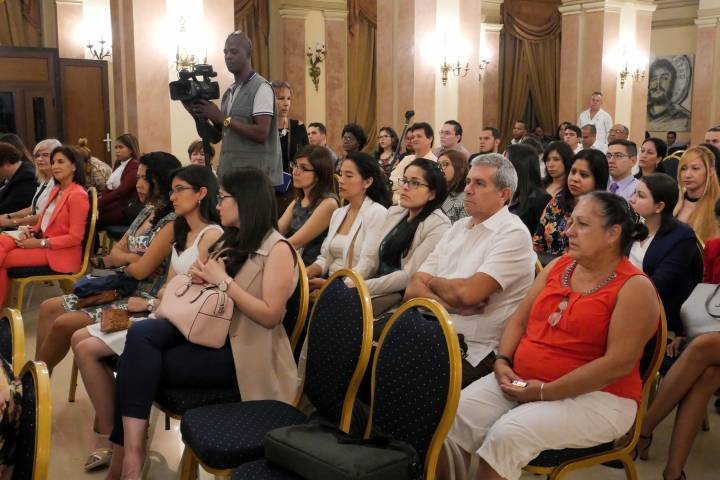
Opening of the international workshops in La Havana
CTBTO Science and Diplomacy workshop in La Havana

ES Zerbo and UASD Rector Dr Emma Polanco

CTBT workshop at UASD brings science and diplomacy experts together

ES Zerbo with CTBTO Delegation with the Rector, Deputy Rector, Deans and Professors of USAD Faculty

ES Zerbo receiving Honorary Professorship from UASD Rector Dr. Polanco and Faculty of Sciences Dean Radhamés Silverio
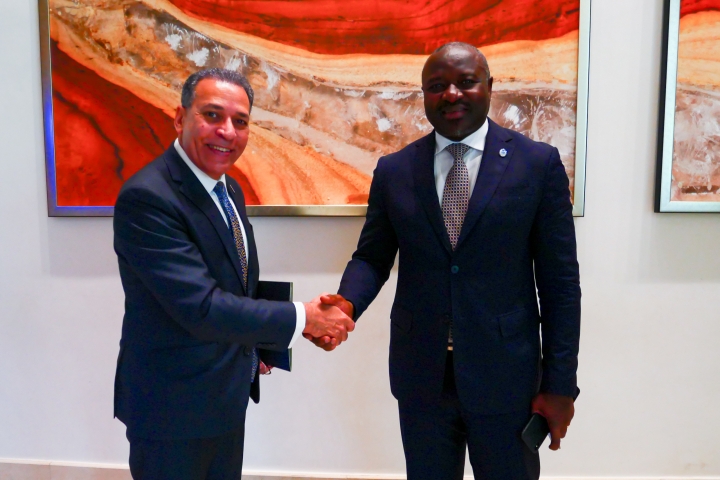
ES Zerbo with R. Osiris de Léon, Scientific Adviser to the Executive, Dominican Republic
